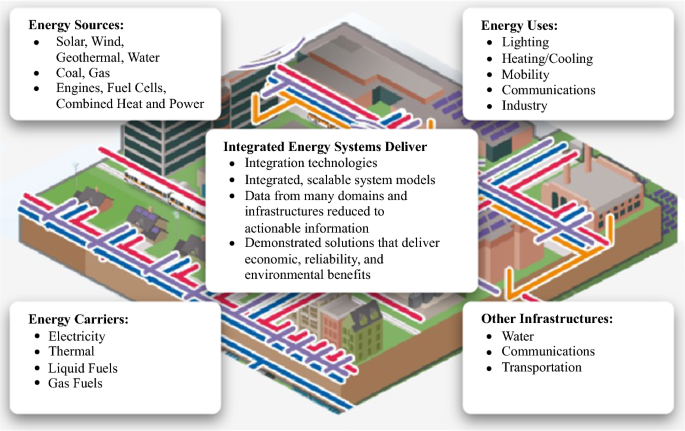Understanding the Importance of Heat Efficiency
Efficiently conserving heat energy in your home is not just about staying warm; it’s also about saving money and reducing your environmental footprint. By maximizing heat efficiency, you can create a more comfortable living environment while minimizing energy waste and lowering your utility bills.
Insulating Your Home: The Foundation of Heat Conservation
Proper insulation is the foundation of heat conservation in any home. Insulating your walls, floors, and attic helps prevent heat from escaping, keeping your home warmer in the winter and cooler in the summer. Consider upgrading to high-quality insulation materials such as fiberglass, cellulose, or spray foam to maximize efficiency and energy savings.
Sealing Air Leaks: Preventing Heat Loss
Even the most well-insulated homes can lose heat through air leaks and drafts. Take the time to identify and seal any gaps or cracks around windows, doors, and other openings using weatherstripping, caulking, or foam sealant. Pay special attention to areas where pipes, vents, and electrical outlets penetrate the walls, as these are common sources of air leaks.
Optimizing Heating Systems: Maximizing Efficiency
Your heating system plays a crucial role in maintaining a comfortable indoor temperature during the colder months. Regular maintenance is essential to ensure your heating system operates at peak efficiency. Schedule annual inspections and tune-ups for furnaces, boilers, and heat pumps to keep them running smoothly and prevent energy waste.
Investing in Energy-Efficient Appliances: Heating Smart
When it comes to conserving heat energy, the appliances you use can make a significant difference. Consider upgrading to energy-efficient heating appliances such as programmable thermostats, which allow you to set heating schedules based on your daily routine. Choose ENERGY STAR-certified furnaces, boilers, and water heaters to maximize energy savings without sacrificing performance.
Utilizing Passive Solar Heating: Harnessing the Sun’s Energy
Passive solar heating is a cost-effective way to maximize heat efficiency in your home. Positioning windows, skylights, and other glazed surfaces to capture sunlight can help heat your home naturally during the day. Consider installing thermal mass materials such as concrete or tile floors to absorb and store heat from the sun, releasing it gradually to keep your home warm at night.
Managing Ventilation: Balancing Airflow and Efficiency
Proper ventilation is essential for maintaining indoor air quality and preventing moisture buildup, but it’s also crucial for heat efficiency. Use exhaust fans strategically in kitchens, bathrooms, and laundry rooms to remove excess humidity and prevent heat loss. Consider installing energy recovery ventilators (ERVs) or heat recovery ventilators (HRVs) to exchange stale indoor air for fresh outdoor air while recovering heat in the process.
Implementing Zone Heating: Heating Only Where Needed
Zone heating allows you to heat specific areas of your home only when needed, reducing energy waste and maximizing efficiency. Install programmable thermostats or zone control systems to adjust temperatures in different areas of your home independently. Focus heating efforts on occupied rooms while keeping unused spaces at lower temperatures to conserve energy.
Utilizing Window Treatments: Insulation and Sun Control
Window treatments such as curtains, blinds, and shades can help insulate your home and control sunlight to maximize heat efficiency. Close window coverings at night to trap heat inside and open them during the day to let sunlight in and warm your home naturally. Consider investing in insulated or thermal curtains to further enhance insulation and reduce heat loss through windows.
Practicing Energy-Saving Habits: Conserving Heat Daily
Finally, practicing energy-saving habits can help you maximize heat efficiency and reduce energy consumption on a daily basis. Lower your thermostat when you’re away from home or asleep, and dress warmly to stay comfortable at lower temperatures. Turn off lights, appliances, and electronics when not in use to minimize heat generation and energy waste. By making these small adjustments, you can contribute to a more energy-efficient and sustainable home environment. Read more about ways of conserving heat energy




